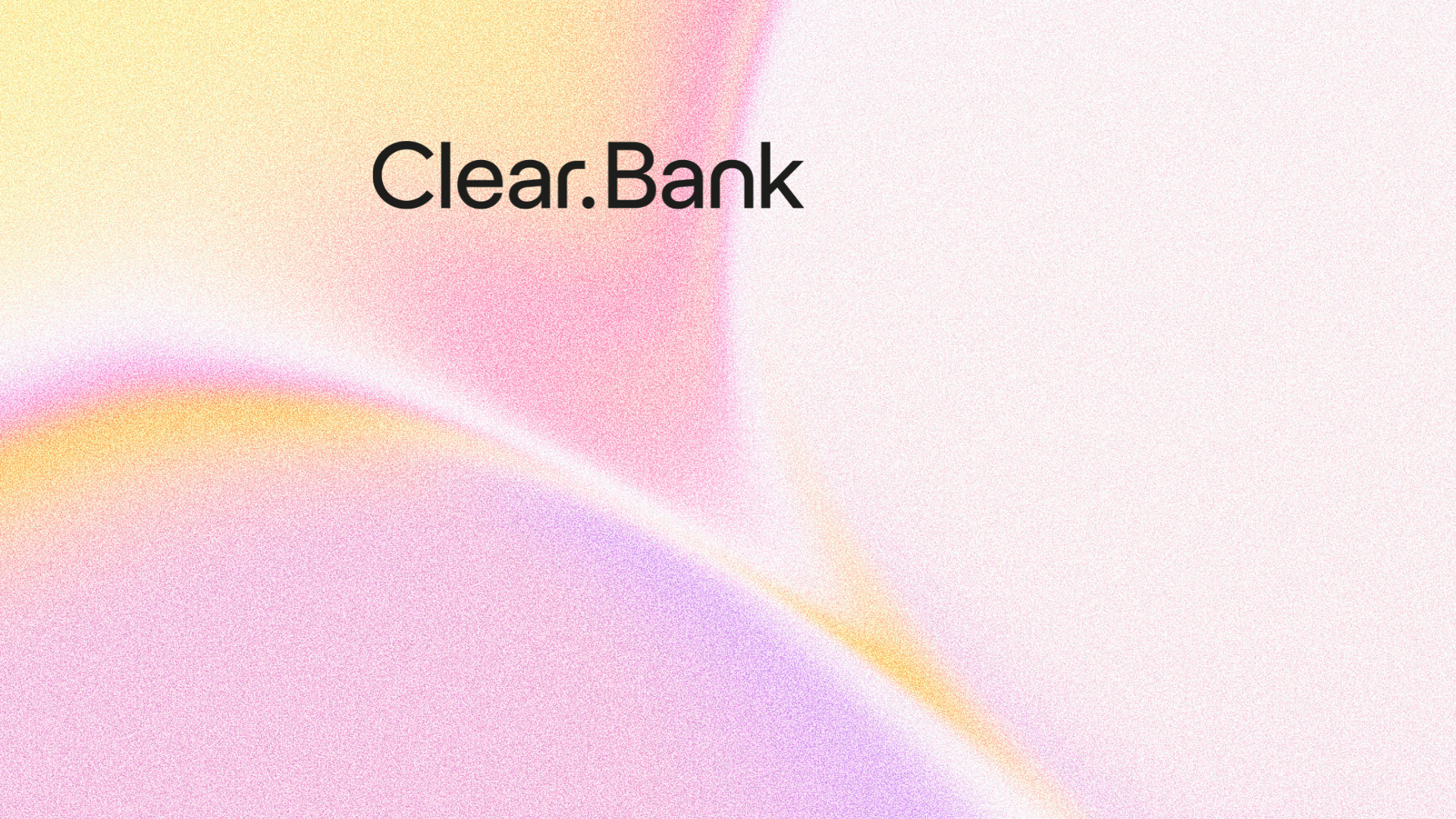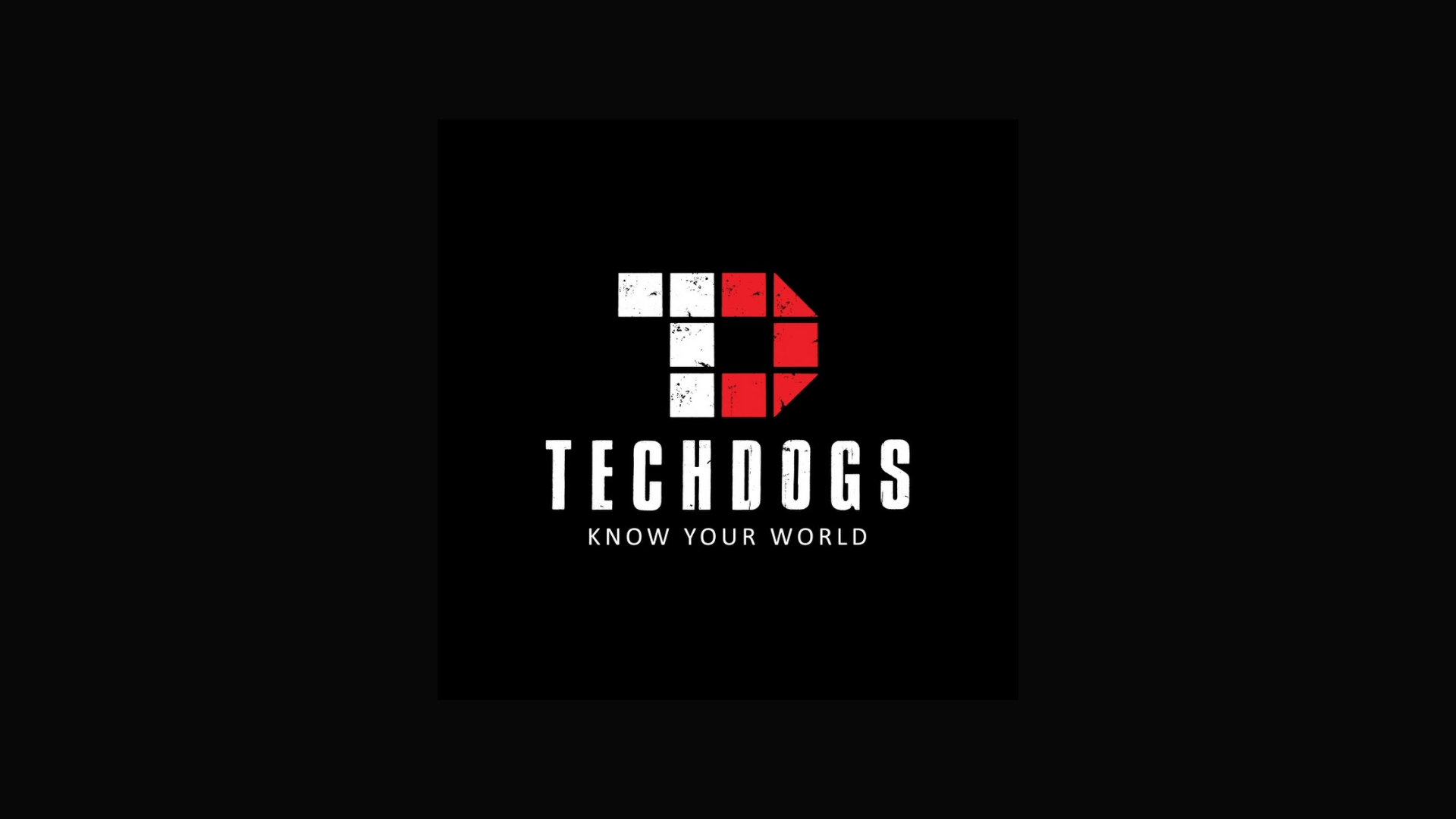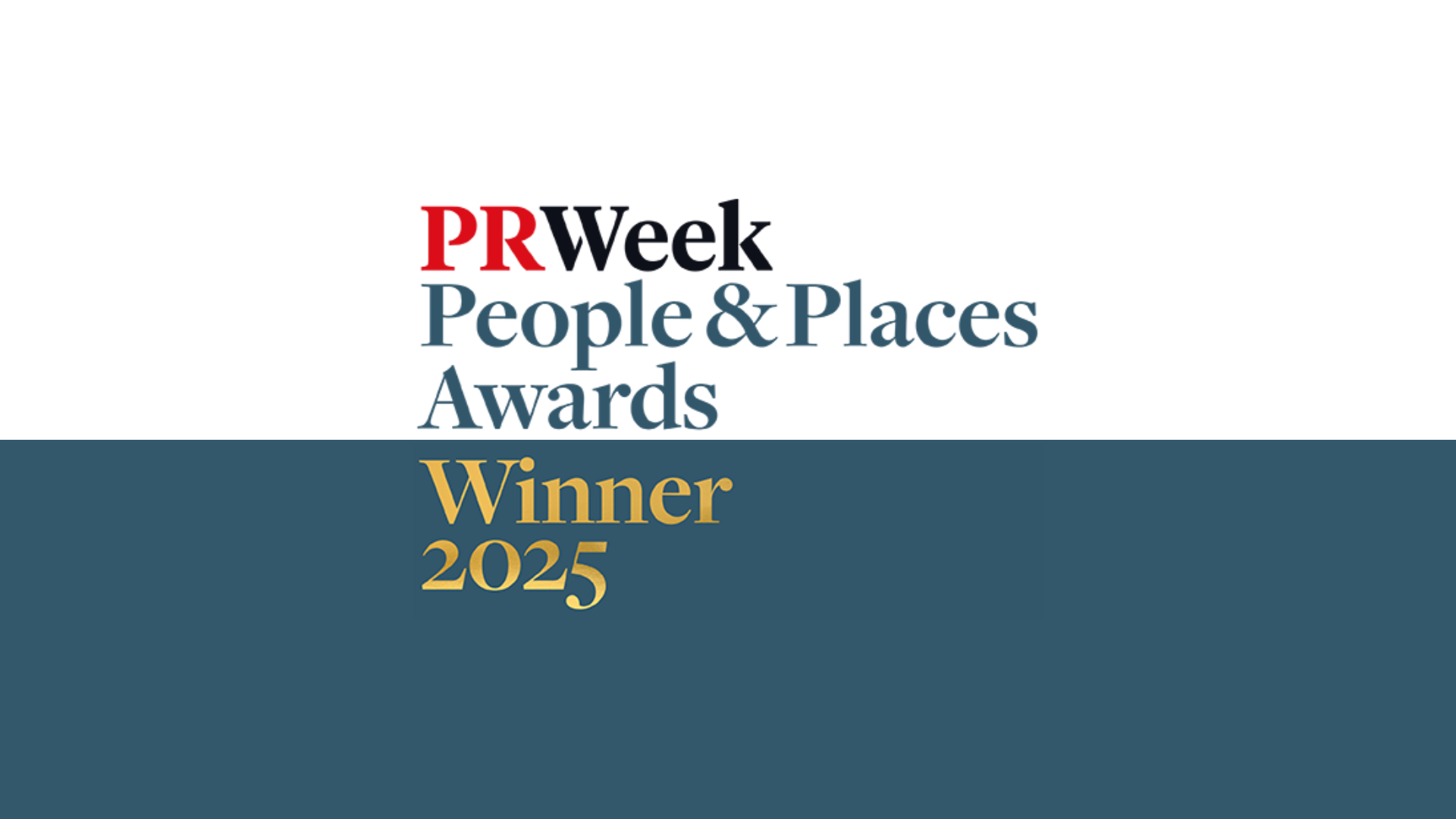Anecdotal feedback from the organisers is stark – most companies are unsuccessful and historically only a small number of proposals are accepted. The team will get thousands of entries for around 300 speaker slots this year.
Speaker submissions opened today, January 9th, and close on Febuary 7th. And the theme and content pillars for the show are available to see here.
Earlier this week, we were lucky enough to be invited to Money20/20’s “Call for Content: Unplugged” event where Ian HorneEU Head of Content shared insights into how the submission process works, what the areas of focus are, and the key ingredients for a successful submission.
How does the submission process work?
The submission process remains similar to last year. Applicants need to put forward a title, brief and overview along with speaker details.
The good news is that there is more scope to provide detail in your submission, but still limited to 500 words to ensure brevity.
Applicants are encouraged to submit supporting documentation if applicable. If the idea is complex and better explained with a diagram, or a few slides, the team is interested in this. And if you’re a unique company, with unique speakers, supporting documents allow you to demonstrate this.
All speakers will be notified of the content team’s decision by early March.
Speakers who are accepted will be offered a pass at a discounted rate.
Each company will be allowed 3-5 submissions. Most businesses will put forward two to three but really what matters is quality over quantity.
What’s the focus for this year?
The mega trends
The content team is interested in mega-trends aligned to the key content pillars (see below).
These are:
- AI, Gen AI, Agentic AI
- Blockchain and crypto
- Economic and data sovereignty
- Embedded finance, BaaS
- Fraud. Fraud everywhere
- Funding and partnerships
- International trade
- Regulating a rapidly changing world
- SaaS, Cloud etc…
- Smart data, open finance, open banking
- Stablecoins? CBDCs?
Interestingly, they are not interested in the long prevailing theme of “Disruptors vs Incumbents”. The idea that the industry is still defined by big banks vs. agile fintechs, simply isn’t true anymore.
Can’t help but agree with this one.
Theme and content pillars
The overarching theme is “Create the future” which will explore how the collaboration between actual and artificial intelligence, things we thought impossible, the future, is being created today.
In terms of the content pillars entries will need to be aligned against, here’s the focus and relevant content types:
Embedded intelligence: What happens when money thinks for you?
- This is about impact of data, APIs, automation and AI on finance.
- What does it look like? Partnerships, UX, HR, cutting-edge experiences
Digital DNA: Is identity your ultimate currency?
- This is about the importance of identity and the unique makeup of your tech stack.
- What does it look like? Cybersecurity, fraud, data sovereignty, interoperability.
Governance 2.0: How do we regulate a future not yet written?
- This is about how regulators and FIs/fintechs keep pace with rapidly evolving tech?
- What does it look like? Frameworks, governance models, financial stability, monetary policy.
Beyond tech: What is the future of money?
- This is about what’s next for fintech
- What does it look like? Impact of new tech, new categories, new platforms and new models on the market.
New content formats
The usual formats can be submitted – panels. fireside chats / interviews, presentations, podcasts and demos.
But there are new ones:
- Workshops with roundtable discussion availability
- ‘Off the Record’ – No reporters, no laptops, no phones. A chance to be creative and candid.
- New podcast types
There are new podcast formats too:
- The MoneyPot
- Everything is Fintech
- Bank Tellers
- Behind the Scenes
What’s critical to securing a slot?
Ian was pretty frank about what the team wants. It’s about:
- The right people, on the right topics, at the right time
- A best in class agenda
That means two things:
- Who – They want fintech rockstars
- What – They want original, timely and pragmatic content
- Why – They want to tackle the biggest, most interesting and thorny industry issues
To boost your chances of selection, Ian shared four “content hacks”:
- Leverage your network – Money20/20 wants the great and the good of fintech. But also luminaries from other industries, as well as a scattering of stardust. Serena Williams spoke at a recent event for example.
- Send your best speakers – They want experiences, ideally C-Level speakers. More junior is OK but you need to demonstrate their credibility.
- Diversity – Diversity isn’t a nice to have, it is an essential to have a chance of speaking
- Give us an exclusive – What can you share that hasn’t been shared anywhere else? What news or research can you debut at the show?
All content should be considered through the prism of what the attendees want:
- Actionable points
- Inspiration
- Genuine debate
- Strong ROA (attendance)
We hope this blog is useful in understanding how best to approach speaker submissions at Money20/20 Europe.
Thanks again to Ian and the wider content team for their insights.
Good luck!















